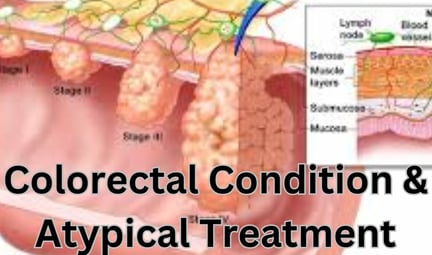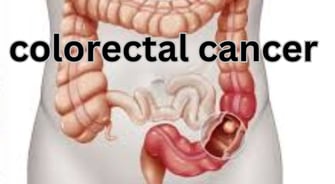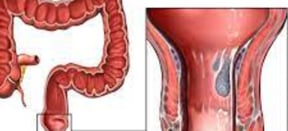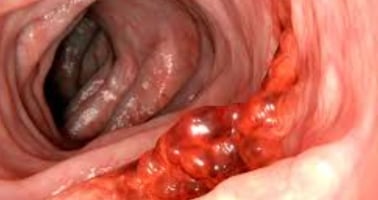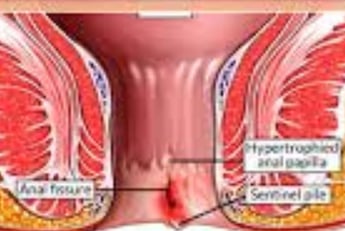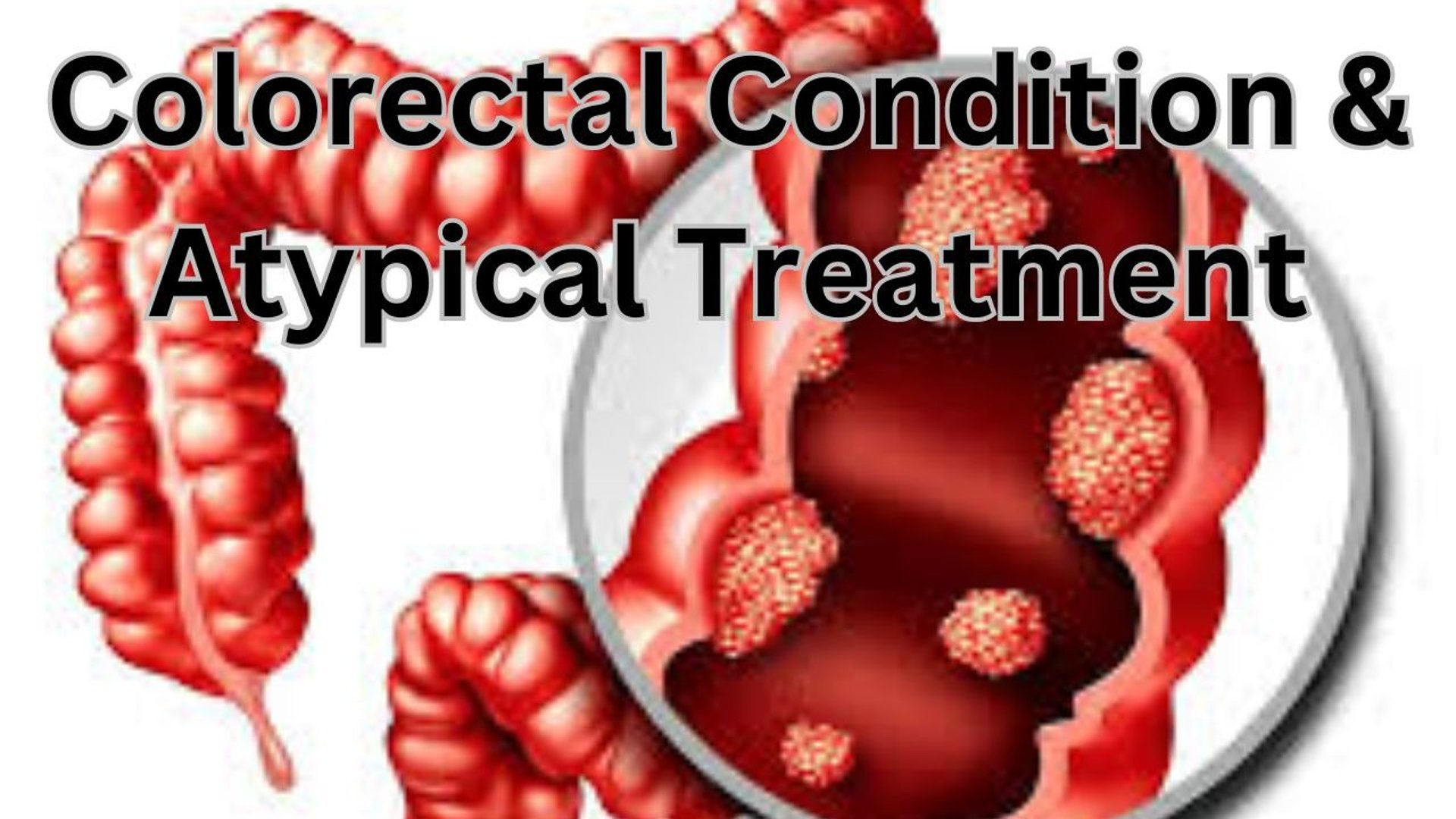
Colorectal Conditions and Atypical Treatment
Learn about atypical treatments for colorectal conditions including rectal bleeding. Find information on bleeding per rectum, fasting, honey effect, and more.
GASTROINTESTINAL
Dr Hassan Al Warraqi
8/27/2024


Colorectal Conditions and Atypical Treatment
- Anal fissures.
- Small intestine cancer.
- Colitis and colon cancer.
- Diverticulitis and fecal incontinence.
- Fistulae and gastrointestinal cancer syndromes.
- ulcerative colitis and crohn's disease Inflammatory bowel disease
Bleeding Per Rectum Rectal bleeding
conditions affecting the lower gastrointestinal tract,
which encompasses the small intestine beyond the duodenum, the colon, rectum, and anal canal.
Inflammatory bowel disease, characterized by persistent inflammation within the digestive system, can manifest as rectal bleeding, particularly in cases of ulcerative colitis and Crohn's disease
bleeding from anus no pain blood when i wipe but not in stool
Rectal bleeding can indicate a variety of medical issues, such as hemorrhoids, anal fissures, inflammatory bowel disease (IBD), and colorectal cancer
Individuals may observe rectal bleeding on toilet paper after wiping or may notice blood present in their stool
Individuals suffering from hemorrhoids frequently experience rectal bleeding that is not accompanied by pain
this bleeding may manifest as bright red blood that can cover the stool following a bowel movement, drip into the toilet, or leave stains on toilet paper
When to worry about blood in your stool
hemorrhoids
rectal prolapse, rectal polyps, and ulcers within the rectum
injuries to the mucosal lining of the colorectal system, anal fissures, diverticular bleeding, inflammatory bowel diseases like ulcerative colitis or Crohn’s disease, and colorectal cancer
greater concern when to worry about blood in stool
experiencing anemia
sensations of light-headedness
chest discomfort accompanied by shortness of breath
abdominal, pelvic, or rectal pain
episodes of fever
feelings of nausea and instances of vomiting
challenges or pain while swallowing
jaundice
unexplained weight loss
large amount of bright red blood in toilet no pain painless bright red blood in stool
bleeding from anus no pain no bowel movement
indicates that the source of the bleeding is located in proximity to the anus
This is often associated with conditions such as hemorrhoids or a minor tear in the anal skin
why am i pooping blood, no pain
known as an anal fissure. While these issues are relatively common
it is important not to allow feelings of embarrassment to prevent you from consulting your general practitioner
bleeding from anus with pain
An anal fissure is defined as a laceration or tear in the lining of the anal canal
excessive straining, the passage of hard stools, or recurrent episodes of diarrhea
This condition can lead to an abrupt occurrence of rectal bleeding, typically accompanied by significant discomfort at the anal region
hemorrhoids are a prevalent source of bright red blood in the stool
- Apply petroleum jelly to the anal area to provide lubrication and reduce discomfort
- ointments designed to alleviate anal pain
- Engage in regular sitz baths, which consist of soaking in a shallow basin of warm water for approximately 20 minutes
- Opt for baby wipes as an alternative to toilet paper for gentler cleansing
Ulcerative colitis
- is a long-term inflammatory bowel disease characterized by atypical immune responses that lead to inflammation and ulceration of the inner lining of the large intestine
- This condition can manifest at any stage of life; however, it is most commonly diagnosed in individuals aged 15 to 30
- The disease involves chronic inflammation, which can result in significant discomfort and complications if not managed appropriately
Crohn's disease
- Crohn's disease is classified as a form of inflammatory bowel disease (IBD) that leads to inflammation and irritation of the digestive tract
- Individuals diagnosed with Crohn's may encounter various symptoms, including abdominal discomfort, diarrhea, unintended weight loss, and rectal bleeding
- This condition is chronic in nature and currently lacks a definitive cure
colorectal cancer
- Colorectal cancer, specifically colon cancer, originates from polyps, which are abnormal growths found in the inner lining of the colon
- Medical professionals utilize various screening methods and treatment options to identify and eliminate precancerous polyps effectively
- If left unaddressed, colon cancer has the potential to metastasize to different regions of the body
Fecal Incontinence
- Fecal incontinence impacts approximately 10% of the population, with a higher prevalence observed in women and individuals aged 65 and older
- Typical manifestations of fecal incontinence include involuntary leakage of stool or gas, a strong urge to defecate, and diminished awareness of the need to have a bowel movement or release gas
- while treatment alternatives encompass medication, muscle training, biofeedback, anal plugs, nerve stimulation, and surgical interventions
fasting and honey effect on colorectal conditions
- The impact of fasting and honey on colorectal health issues
- The influence of dietary practices, specifically fasting and honey consumption, on conditions affecting the colon
- An examination of how fasting and the use of honey may affect colorectal disorders
- Fasting or FMD inhibits the advancement of colorectal cancer, marked by increased cell apoptosis and a reduction in aerobic glycolysis
- The process of fasting or FMD slows down the development of colorectal cancer, which is distinguished by elevated levels of cell apoptosis and decreased aerobic glycolysis
- The practice of fasting or FMD curtails the progression of colorectal cancer, characterized by enhanced cell apoptosis and the inhibition of aerobic glycolysis
reference
https://www.crohnscolitisfoundation.org/patientsandcaregivers/what-is-crohns-disease
https://fascrs.org/patients/diseases-and-conditions/a-z/anal-fissure
https://www.mayoclinic.org/symptoms/rectal-bleeding/basics/causes/sym-20050740
https://www.gastroconsa.com/bright-red-blood-in-stool-when-should-you-see-a-doctor/
https://www.mdanderson.org/cancerwise/when-to-worry-about-blood-in-your-stool.h00-159545268.html
https://emedicine.medscape.com/article/188478-overview?form=fpf
keywords
Colorectal Condition , Atypical Treatment,Bleeding Per Rectum, Rectal bleeding,fasting , honey effect , colorectal conditions,Fecal Incontinence,colorectal cancer,Ulcerative colitis,anal fissure treatment, Small intestine cancer,Colitis and colon cancer, Diverticulitis , fecal incontinence,Fistulae and gastrointestinal cancer syndromes,ulcerative colitis ,crohn's disease Inflammatory bowel disease, When to worry , blood in your stool,
Common Questions About Colorectal Diseases
What are precancerous conditions of the colon and rectum, and how are they diagnosed and treated?
Precancerous conditions involve cellular changes that increase the risk of developing colorectal cancer.
These include:
Adenomatous polyps: Abnormal growths attached to the colon or rectal lining, classified by growth patterns (tubular, villous, or tubulovillous).
Genetic syndromes: Inherited disorders like Lynch syndrome and Familial Adenomatous Polyposis (FAP) that significantly elevate cancer risk.
Diagnosis:
Colonoscopy or flexible sigmoidoscopy, often with biopsies.
Genetic testing for hereditary syndromes.
Treatment:
Polyp removal during colonoscopy/sigmoidoscopy.
Bowel resection surgery for hereditary syndromes or multiple polyps.
Regular follow-up screenings.
What are the common symptoms of colorectal cancer, and what if symptoms are atypical?
Common symptoms:
Changes in bowel habits (diarrhea/constipation).
Rectal bleeding or blood in stool.
Abdominal cramps/pain.
Unexplained anemia.
Atypical presentations:
Example: A patient experienced back pain and discitis (spinal infection) due to bacterial spread from a cancerous colon. Always investigate unusual symptoms.
What causes painless rectal bleeding?
Common causes:
Hemorrhoids: Swollen blood vessels in the anal/rectal area.
Anal fissures: Small tears in the anal lining.
Rectal polyps: Abnormal growths in the rectum.
When should I worry about blood in stool? Seek immediate care if:
Heavy bright red bleeding.
Anemia, dizziness, or shortness of breath.
Abdominal/pelvic pain, fever, nausea, or vomiting.
Difficulty swallowing, jaundice, or unexplained weight loss.
What are ulcerative colitis and Crohn’s disease?
Ulcerative colitis: Chronic inflammation/ulcers in the colon lining.
Crohn’s disease: Deep inflammation in any part of the digestive tract (mouth to anus).
Both are incurable and share symptoms like diarrhea, abdominal pain, and rectal bleeding.
What is fecal incontinence, and how is it treated?
Definition: Involuntary leakage of stool/gas.
Treatment options:
Medications.
Pelvic muscle training.
Biofeedback therapy.
Anal plugs.
Nerve stimulation.
Surgery.
How do fasting and honey affect colorectal health?
Fasting/Fasting-mimicking diets (FMD): May suppress colorectal cancer growth by promoting cancer cell death and reducing aerobic glycolysis. More research needed.
Honey: Limited evidence on direct colorectal benefits; requires further study.
Both voluntary fasting and honey appear to influence colorectal health through multiple, overlapping mechanisms:
Voluntary Fasting:
Studies in preclinical models show that intermittent or voluntary fasting can promote autophagy (the cellular “cleanup” process), reduce inflammation, and favorably alter the gut microbiota. In colorectal cancer models, fasting has been found to decrease pro-tumor signals (for instance, by lowering extracellular adenosine levels that drive immunosuppressive macrophage polarization) and improve anti-tumor immune responses. These effects can slow tumor growth and may even enhance the effectiveness of chemotherapy. However, careful management of refeeding is important, as rapid nutrient replenishment may carry its own risks.
Honey:
Certain types of honey—especially Manuka honey—contain bioactive compounds like flavonoids and polyphenols that have antioxidant, anti-inflammatory, and anti-proliferative properties. In colon cancer cell studies, honey has been shown to promote apoptosis (programmed cell death), inhibit cell cycle progression, and reduce oxidative stress. Additionally, honey’s prebiotic properties can support beneficial gut bacteria, which are crucial for maintaining colorectal health.
Together, these approaches suggest that intermittent fasting and the inclusion of natural honey in the diet may provide complementary benefits to colorectal health by enhancing cellular repair mechanisms, reducing inflammatory and oxidative damage, and bolstering the gut’s microbial balance.
However, while preclinical findings are promising, more robust clinical research is needed to fully understand their combined impact and to develop precise recommendations for use in colorectal disease prevention or management.
Why is regular colorectal cancer screening vital?
Early detection via colonoscopy or stool tests improves treatment success by:
Identifying precancerous polyps before malignancy.
Catching cancer at treatable stages.
